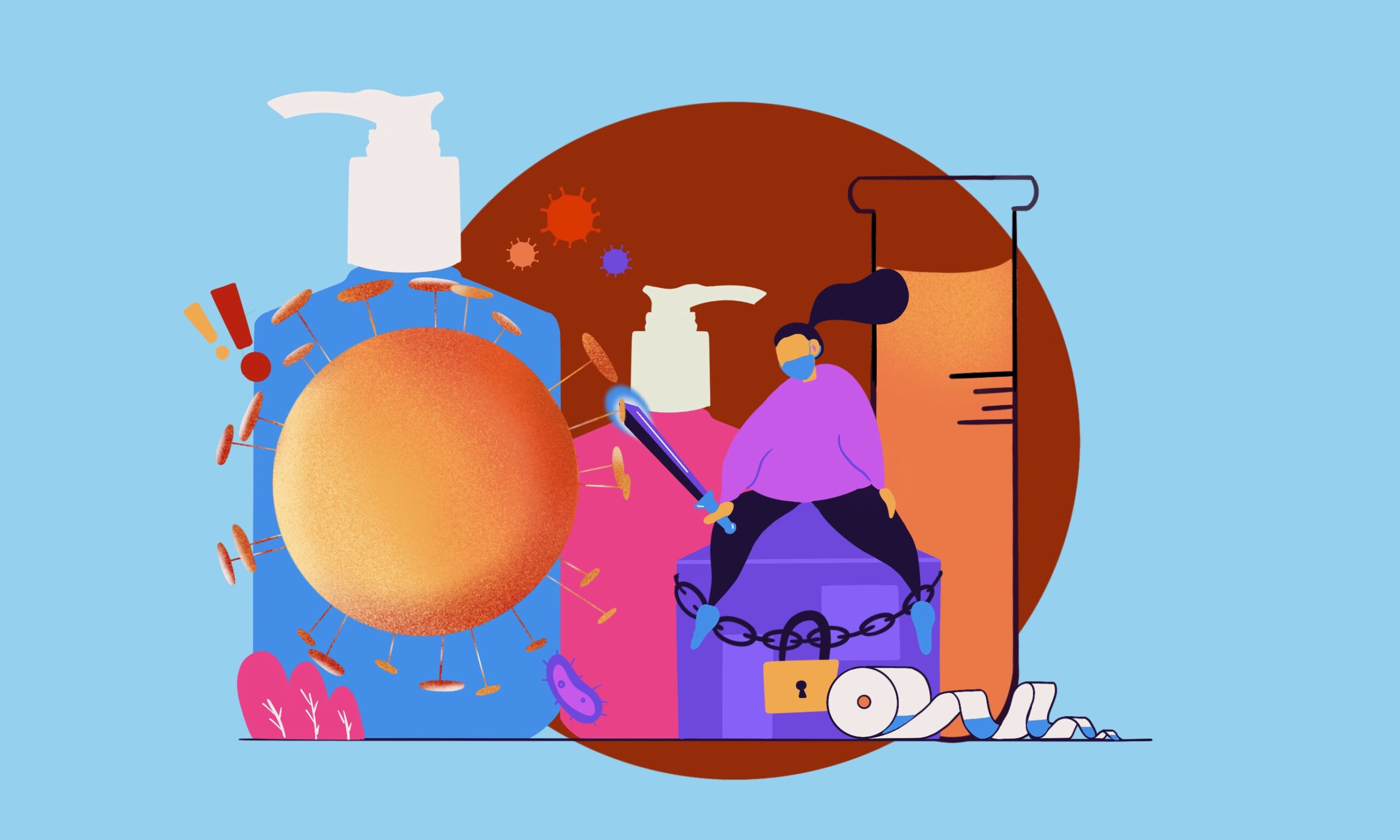Following the announcement that early data on Pfizer’s COVID-19 vaccine shows high effectiveness, the world is left waiting for its release. Once a vaccine is successfully developed, however, the discussion will shift to its fair distribution.
In September, scholars and experts from a variety of universities, including Georgetown, came together to approach this ethical problem in a paper “An ethical framework for global vaccine allocation.” The framework presents a practical and ethical model for distributing vaccines on an international scale.
The University of Pennsylvania’s Dr. Ezekiel Emanuel led a group of twenty authors from ten different countries across six continents in working on this project. Professor Henry Richardson, a senior scholar at Georgetown’s Kennedy Institute of Ethics, also contributed to the framework.
“The group includes philosophers with well-known views on international justice, leading bioethicists, and present and former top officials in the health ministries of their countries,” Richardson said in the Georgetown College’s announcement of the project
Referred to as the Fair Priority Model, the paper’s suggested framework is directed to three groups who will heavily influence vaccine distribution: the COVAX facility, vaccine producers, and world governments. The Fair Priority Model will also provide guidance on reducing waste and duplication.
The Fair Priority Model is divided into three phases. The purpose of the first phase is to focus on reducing premature deaths and other irreversible consequences to a person’s health. The second phase will continue to address health concerns while also working to reduce serious economic and social consequences by providing a framework for what schools and businesses actually can remain open. The final phase focuses on reducing community transmission in order to restore pre-pandemic freedom for social activities.
Richardson and co-authors concluded that, while the vaccine distribution is a complex social justice question, the universal prevention of deaths was most important.
“This vaccine allocation problem is not your standard distributive-justice problem, because the hope is that eventually, everyone will have an opportunity to be vaccinated,” Richardson said in an interview with the Voice. “Those who die of COVID-19 before vaccines get to their country won’t have that opportunity. That led to the proposal to give the top priority to the prevention of deaths.”
As they wait for a vaccine to be developed, Richardson believes the general public has likely given a lot of thought to the domestic distribution of vaccines.
“These include difficult questions about how to prioritize people of color, who have been terribly hard-hit by the virus, without further increasing their understandable distrust of the medical establishment,” he said.
While Americans might have considered vaccine distribution at home, Richardson argues that there has not been enough discussion about international allocation. International distribution of vaccines is the first ethical problem that needs to be addressed, according to Richardson.
“It’s not widely known that vaccines are typically first allocated to nations before they are then distributed to individuals,” he said. “There are countries that are suffering even worse from the pandemic than the U.S.” One such country is Peru, which Richardson noted has a per capita rate of COVID-19 deaths currently 60 percent higher than that of the U.S.
One of the main obstacles to fair distribution that the paper identifies is national partiality—countries will be biased in favor of their citizens over those of other countries.
“Everyone in the whole world is facing the same public-health emergency at the same time; so the whole world is clamoring at once for a safe and effective vaccine,” Richardson said. “The trouble is that the countries with the ability to produce massive quantities of vaccine are not necessarily the countries with the most urgent need for it.”




